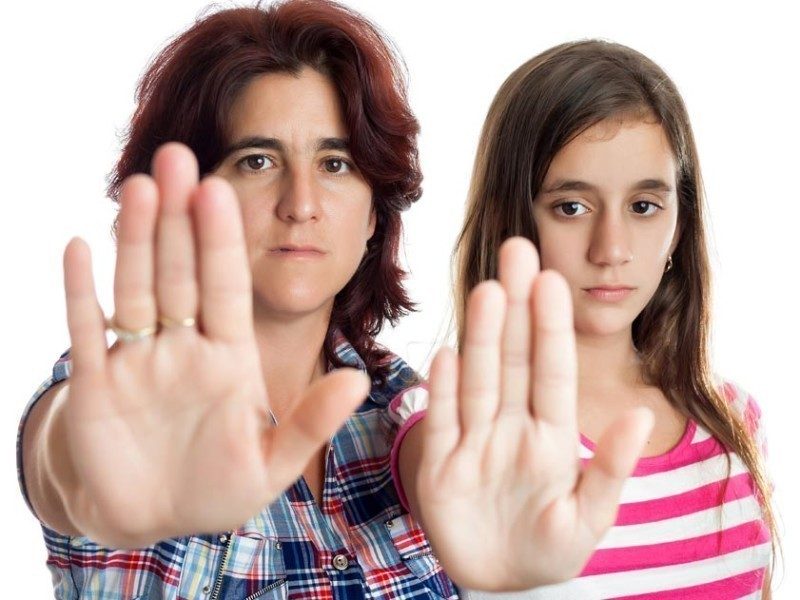Choosing how to respond to homophobic bullying
We all respond to homophobic bullying differently. Our response will be determined by many different factors, including our own personal beliefs about bullying, the nature of the bullying, who the bully is and the impact of the bullying behavior. Despite the many different ways we can respond, in essence there are four ways of responding.
Option one: Don’t report it
One option is to not report it. If we come out and report it then we are showing people that we shouldn’t have tried to have a family. They were right. We shouldn’t have done it. So let’s not report it. Let’s deal with it ourselves.
To report it also means to out ourselves. This might make matters worse if we are not out already.
But, if we don’t report it then we may be putting our children at risk. They may be at a higher risk of negative psychological outcomes, including lower self-esteem and depression, for example.
Also, no-one will know it’s a problem so no-one will try to help them.
Option two: Deny that it’s happening
The second option is to deny that it is happening. When we deny that homophobic bullying is taking place we tell ourselves that our children aren’t victims and that they aren’t getting bullied.
We downplay, disregard or discount any instances of bullying. We tell ourselves that we didn’t see any sign of our child being bullied when in fact we might have noticed that they were being bullied.
When we do this we are at risk of disregarding the oppression that we and our children are experiencing. We may be placing our children at risk and we may be sending them signals that we aren’t able or aren’t willing to help them.
Third option: Play it down and normalize it
A third option is to play it down and or normalize it. For example, we may downplay the impact that the bullying is having on our child. We might think that everyone gets bullied so it’s also OK for our children to be bullied.
When this happens we allow the bullying to continue and we make the bullying behavior normal. In effect, we are telling our children that they should be able to deal with it and that it is part of life to be bullied. We are telling them that we expect them to be able to handle it. We want them to tough it out.
Option four: Treat homophobic bullying as extraordinary
A fourth option is to treat homophobic bullying as extraordinary. We see homophobic bullying as extraordinary because it is a sign of the prejudice that exists in our society. Homophobic bullying shouldn’t be happening. It’s not the norm and not every child gets bullied in this way. Just like racist bullying, not every child will experience homophobic bullying. Homophobic bullying is therefore extraordinary.
Making homophobic bullying extraordinary makes it wrong. This means that it shouldn’t happen. Treating homophobic bullying as extraordinary holds the homophobic bully to account and tells them that we expect better from them.
When we make homophobic bullying extraordinary we are showing our children that homophobic bullying isn’t OK, it isn’t normal and it should stop. Treating homophobic bullying forces us to do something about it.
When we treat homophobic bullying as extraordinary we are letting our children know that they deserve the best and they deserve equal treatment. There is nothing wrong with them or their family, and this is why we will do something about it to make it stop.
Choices
We all have choices regarding how to handle and understand homophobic bullying. Thinking through how the bully impacts on our children, ourselves and our families will help us work out how to respond. Our response will also send a message to all concerned about about whether or not it’s OK to be bullied because of your sexuality.
References
Clarke V, Kitzinger C, Potter J. ‘Kids are Just Cruel Anyway’: Lesbian and Gay Parents’ Talk about Homophobic Bullying. British Journal of Social Psychology. 2004; 43:531-550.
Stand up against bullying. This video below is from Ireland. It highlights how people can come together to stop homophobic bullying.


